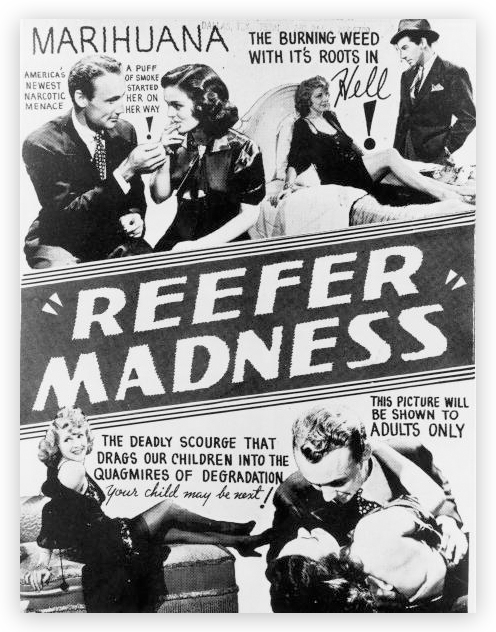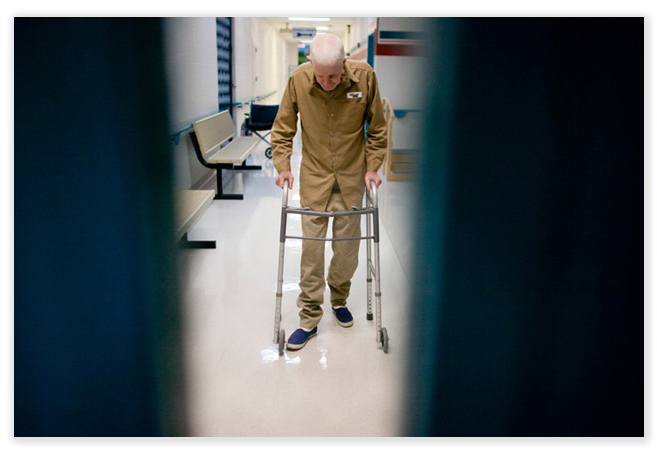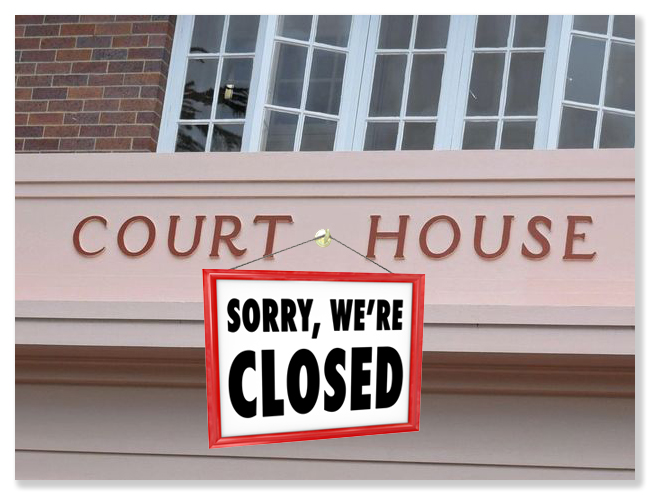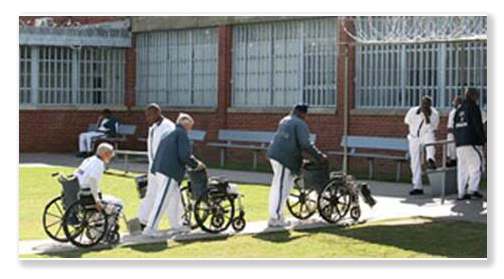We post news and comment on federal criminal justice issues, focused primarily on trial and post-conviction matters, legislative initiatives, and sentencing issues.

HOUSEKEEPING CONCERNS, LOWER EXPECTATIONS, AFTER FIRST STEP
Now that the First Step Act is law, the question becomes what is next at the federal level and what policy innovations can state governments develop to continue the national momentum toward a more efficient and effective justice system.
 The next order of business, according to The Hill, is for the Senate to confirm William Barr as Attorney General. Barr would be responsible for selecting a new director for the Bureau of Prisons, as well as for ensuring that the BOP accurately administers the codified risk assessment system for low-level, non-violent offenders who are eligible for release, and provide these inmates with the programs required by the Act. The statutory deadline for adopting the risk-assessment system is five and a half months away.
The next order of business, according to The Hill, is for the Senate to confirm William Barr as Attorney General. Barr would be responsible for selecting a new director for the Bureau of Prisons, as well as for ensuring that the BOP accurately administers the codified risk assessment system for low-level, non-violent offenders who are eligible for release, and provide these inmates with the programs required by the Act. The statutory deadline for adopting the risk-assessment system is five and a half months away.
While the sentencing reforms contained in the First Step Act were secondary to the prison reforms that are to be administered by the Dept of Justice, further sentencing improvements are possible through the U.S. Sentencing Commission. However, the Commission has lacked a quorum since last December. The acting chair, Judge William Pryor of the 11th Circuit, is currently awaiting renomination by the White House and confirmation by the Senate. Until the Commission gains two more commissioners, it will be unable to adopt any Guidelines amendments. The Commission customarily issues amendments every April, which become effective November 1st unless Congress vetoes them ahead of time. Only twice in its 30-year history has the Commission failed to adopt any Guidelines amendments. The most recent time was 2017, when the Commission – as it does now – lacked a quorum.
Meanwhile, conservative billionaire industrialist Charles Koch, who spearheaded business support for First Step, has challenged a broad coalition of business groups is to hire workers with criminal backgrounds in the wake of First Step’s passage.
Koch has enlisted the support of the Society for Human Resource Management, the U.S. Chamber of Commerce, the National Retail Federation, the National Restaurant Association and the American Staffing Association. Together, the groups represent businesses that employ roughly 60% of the American workforce.
First Step made changes in the 2010 Fair Sentencing Act retroactive, allowing an estimated 3,000 people still serving long convictions for crack cocaine to petition for a reduction in their sentences. The provision allowed Matthew Charles, whose case was widely publicized in 2017, to exit prison at the end of 2018. Michael Holley, a federal defender who worked on Charles case, said that Charles was an ideal candidate for sentencing reduction, and his case was ideally positioned to be heard right away.
 “It was all primed for the government to look at,” he said. “We’d had all this litigation in the past year… so the judge was fully aware of his case and the prosecutor was fully aware of the case.” The government responded to the Charles petition ahead of the deadline to indicate no opposition the Charles’ request, Holley said, allowing him to get out even more quickly.
“It was all primed for the government to look at,” he said. “We’d had all this litigation in the past year… so the judge was fully aware of his case and the prosecutor was fully aware of the case.” The government responded to the Charles petition ahead of the deadline to indicate no opposition the Charles’ request, Holley said, allowing him to get out even more quickly.
For other people, the process will take longer. The Federal Public Defenders Offices nationally have compiled a list of people in their records who might be able to benefit from the law, and attorneys in the office are reviewing the cases for anyone they find to be eligible.
Prosecutors are able to contest a defendant’s eligibility, and can argue that an individual does not deserve a sentence reduction, meaning the process, like 18 USC 3582(c)(2) proceedings, may get protracted.
The Hill, Federal criminal justice reform is now law: What comes next? (Jan. 26)
Law360, For Inmates, Sentencing Reforms Bring Hope And Frustration (Jan. 27)
CNBC, Koch network leads coalition urging businesses to hire former inmates (Jan. 27)
– Thomas L. Root





















